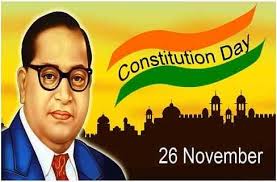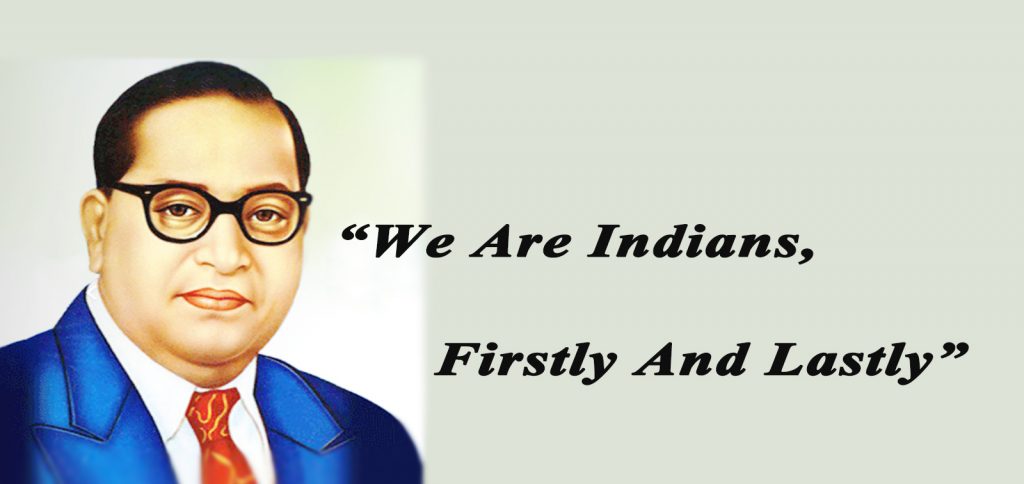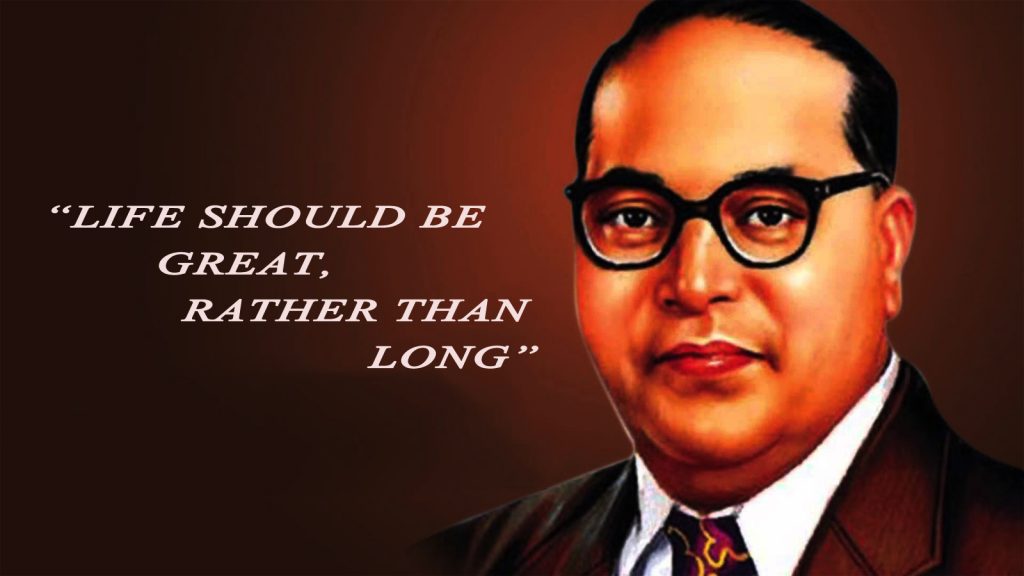Constitution Day Speech – India (November 26)

Good morning/afternoon, respected dignitaries, teachers, students, and fellow citizens,

Today, we gather to celebrate Constitution Day, a day of immense significance for all Indians. On this day, November 26, in 1949, the Constituent Assembly of India adopted the Constitution of India, marking a pivotal moment in the history of our country. It was on this day that India set the foundation for its democratic governance, ensuring justice, equality, and freedom for all citizens.
Significance of the Constitution
The Constitution of India is not just a document; it is the guiding framework that shapes our nation. It is the supreme law of the land, and it defines the structure, powers, and duties of the government while safeguarding the rights and freedoms of every citizen. It is the very soul of our democracy, and it provides a vision for the future of our nation.

On this day, we remember the immense effort and wisdom of the founding fathers, who, after years of struggle for independence, came together to create a vision for a free, inclusive, and democratic India. These remarkable leaders—Dr. B.R. Ambedkar, Jawaharlal Nehru, Sardar Patel, Rajendra Prasad, and many others—crafted a Constitution that has stood the test of time and continues to guide us more than seven decades after it was enacted.
The Preamble: The Heart of Our Constitution
The Preamble of the Indian Constitution reflects the spirit of India and its democratic values. It begins with the words “We, the people of India,” emphasizing that the Constitution derives its authority from the people of India. It is a document that belongs to every citizen of this country. The Preamble envisions India as a Sovereign, Socialist, Secular, Democratic, and Republic nation that guarantees justice, liberty, equality, and fraternity to all its citizens.
These words—justice, liberty, equality, and fraternity—are not just ideals but guiding principles that our Constitution aims to ensure in every aspect of life, whether social, political, or economic.
Key Features of the Indian Constitution
Let us take a moment to reflect on some of the key features of our Constitution:
- Federal Structure with Unitary Bias: India is a federal country, meaning power is shared between the central government and the states. However, the Constitution also allows the central government to take stronger control in times of national need.
- Fundamental Rights: The Fundamental Rights enshrined in Part III of the Constitution guarantee civil liberties to all Indians, including freedom of speech, the right to equality, and protection against discrimination. These rights form the bedrock of our democracy and ensure that every citizen can live with dignity and freedom.
- Directive Principles of State Policy: While the Fundamental Rights guarantee individual freedoms, the Directive Principles of State Policy (Part IV) guide the government in making laws and policies that promote the welfare of the people, especially the underprivileged sections of society.
- Independent Judiciary: The Constitution establishes an independent judiciary to protect the rights of citizens and ensure that laws are applied fairly. The Supreme Court of India is the guardian of the Constitution and has the power of judicial review.
- Secularism: The Indian Constitution ensures that the state does not favor any religion and guarantees freedom of religion to all citizens, making India a secular state. This is one of the most distinctive features of our Constitution, allowing citizens of all faiths to live together harmoniously.

Role of Dr. B.R. Ambedkar
No discussion on the Indian Constitution is complete without recognizing the immense contribution of Dr. B.R. Ambedkar, the chief architect of the Constitution. Dr. Ambedkar believed in the power of the Constitution to transform society. He was deeply committed to ensuring social justice, and through his leadership, India’s Constitution includes provisions aimed at uplifting marginalized communities, particularly the Scheduled Castes and Scheduled Tribes, by guaranteeing them affirmative action and other protections.
Dr. Ambedkar’s vision was clear: a society where every individual, irrespective of caste, creed, or gender, could have an equal opportunity to succeed. His commitment to social equality and human dignity continues to inspire us today.
Constitution Day: A Call for Reflection and Action
As we observe Constitution Day, we must remind ourselves that the Constitution is not just a historical document; it is a living document. The values enshrined in the Constitution must continue to guide us in our actions as citizens. It is our responsibility to ensure that the principles of justice, equality, and liberty are upheld in our daily lives.
In the words of Dr. Ambedkar, “We are going to enter into a life of contradictions. In politics, we will have equality, and in social and economic life, we will have inequality. We must remove this contradiction.” Our Constitution has given us the tools to address this contradiction, but it is up to each one of us to make sure that the dream of an equal and just society is realized.
Conclusion:
As we celebrate Constitution Day, let us take a moment to honor the vision of our founding fathers and reaffirm our commitment to the ideals that our Constitution represents. Let us pledge to protect our rights, respect the diversity of our nation, and work towards building a society where every individual has the opportunity to thrive.
In the words of Dr. Ambedkar: “We are the makers of our own destiny.” The Constitution has given us the power to shape our future, and it is up to us to ensure that the future we build is one of justice, equality, and fraternity for all.
Thank you.
rajedra prasad#ambekar#nov 26#november 26#
novamber 26#navamber 26#navembar 26 navam#26#ദേശീയ നിയമ ദിനം# National Law day# special day 26#day #special day novamber 26# orma dinam#india special day 26# school#education# case#
